Did you know that emotions can be stored in muscles? Emotional Muscle Memory is the concept of emotions from previous experiences that are stored in your body. As these painful emotions get trapped on a cellular level, they can often lead to physical pain that can significantly affect the way we move and live.
“Muscle has memory: the body knows things the mind will not admit.” – Louise Doughty
We have countless memories stored in our brains which we can remember whenever we want. We can easily remember faces, names, places, sights, sounds, smells, and other sensory experiences.
However, with time these memories tend to fade and become weaker as we make new memories from new experiences. But oftentimes, these emotional memories live in our bodies through behavioral patterns and physical sensations. Your body never forgets.
Important moments can leave physiological traces in our body particularly when you experience excessive stress or trauma that puts your body in the fight, flight, or freeze mode.
These emotional memories stored in the muscle can resurface under different circumstances and make you feel pain and aches physically. Hence, it is crucial to release these bad memories and move ahead in life. Releasing painful emotions is important when it comes to living a happy and peaceful life.
Related: 10 Secret Areas Where You Store Stress In Your Body
We are emotional creatures
“Unexpressed emotions will never die. They are buried alive and will come forth later in uglier ways.” – Sigmund Freud
We are designed to express our emotions openly and freely. However, when we experience negative emotions, we usually keep them to ourselves or repress them. This can leave an imprint on your body for a long time.
Emotions can be experienced physically. We need to release certain emotions stored in the body like we flush out unwanted chemicals and toxins from our bodies.
When you suppress an emotion and don’t fully express it, it can become embodied. These emotions get trapped in your physical body due to the motor component. It means when we avoid or suppress certain emotions, they produce a micro-muscular activation to which our bodies instantly respond.
This is why tension and pain are often stored in specific areas of the body where an expression originated but was never expressed or materialized.
To put it neurologically, the anterior cingulate, which is the part of the brain that controls emotions, is located beside the premotor area.
As a result, when an emotion is processed, your brain instantaneously starts to create a physical response in your body. When the premotor area and the motor cortex are connected, several muscles are activated which enable you to express your feelings.
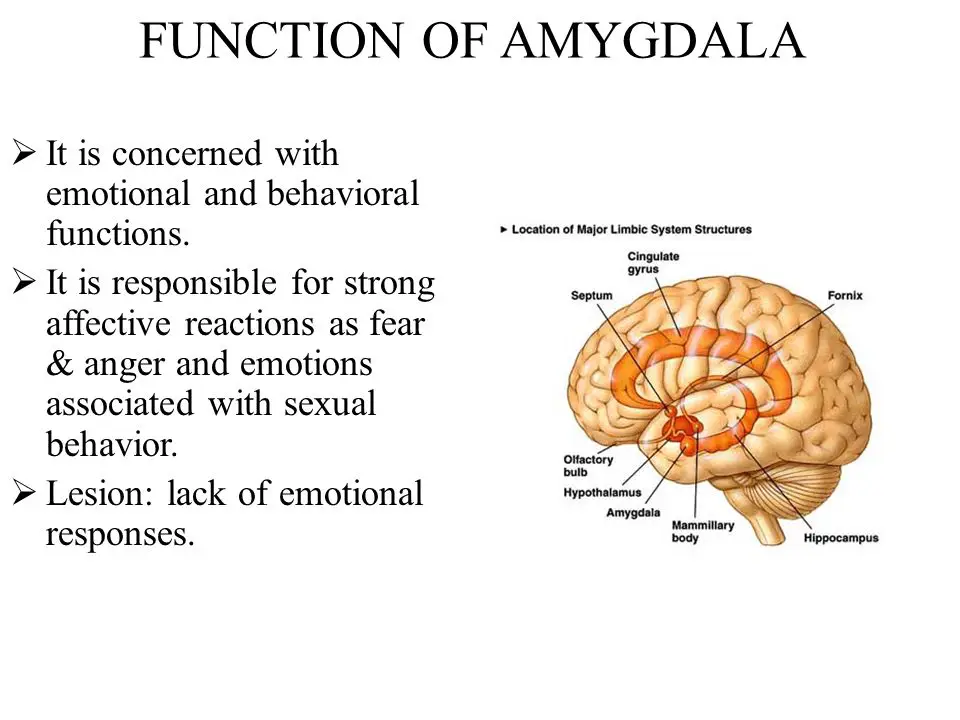
How emotions are stored in the body
“We cannot selectively numb emotions, when we numb the painful emotions, we also numb the positive emotions.” – Brene Brown
Emotions are experienced in the body as much as it is experienced in the mind. Emotional experiences can trigger activation in the autonomic nervous system. Hence, emotions riddled with stress and anxiety can make your muscles get tight to fight or escape a threat.
Related: The 11 Emotional Energy Centers In Our Body: The Mind-Body-Emotion Connection
When this stress is caused as a result of a traumatic experience, or when this experience is persistent, then your physical body will get drowned in stress hormones that get trapped in your cells. This can lead to chronic muscle tension and aches that may last for a long time.
Even though your emotionally tight muscles may relax after months or years, certain feelings can flood your system and reactivate the tightness in the muscles.

Releasing trapped emotions in the body
So, how to release painful emotions from your body and facilitate emotional muscle memory healing or emotional muscle memory release?
“The more relaxed the muscles are, the more energy can flow through the body.” – Bruce Lee
Just because your body has some negative emotions stored in the cells doesn’t mean you have to live with the pain trapped inside you. Traumatic experiences don’t need to last a lifetime. You can manage your emotional muscle memory and release certain stored emotions to live a happier healthier life.
You need to remember that the solution to repression is expression. You need to process emotional distress and express your emotions through your mind and body in a healthy way.
Here are some powerful tools that can help you dissolve trapped muscle memory and release muscle tension when you feel emotionally triggered.
Related: 9 Types of Muscle Tension Caused by Trapped Emotions
1. Give yourself permission
You must have your own permission to feel and express your innermost emotion. Feeling is the key to healing. Most of the time, we suppress our feelings as we believe we are not allowed to feel certain emotions like anger, anxiety, and depression.
Due to social pressure, we often feel compelled to feel happy and act nicely and be ‘strong’. So we refuse to face our emotional pain as crying is considered a sign of weakness, albeit wrongly.
When you give yourself permission to feel all emotions and express them freely, you gain power over yourself. Then you’re able to control your emotions by releasing them instead of storing them and getting controlled by your feelings. This is how you start the healing process.
Although some of these feelings will make you feel uncomfortable, you must allow them to surface without getting attached to them or avoiding them. Observe your emotions, acknowledge them, and let them go. This will enable you to react objectively.
2. Don’t judge yourself
“Judgments prevent us from seeing the good that lies beyond appearances.” – Wayne Dyer
Non-judgment is one of the most important emotional tools you can utilize to release feelings stuck in your body. Whenever you feel emotionally triggered and feel like indulging in addictive behaviors like alcohol or food for comfort, make sure you don’t judge yourself.
You need to understand that our body and mind are programmed to look for joy, satisfaction, and pleasure. We never seek discomfort intentionally.
So when you are feeling pain, it is only natural for your mind to seek something that makes you feel better and soothes the pain. As long as you can control yourself, indulging in pleasure doesn’t necessarily make you bad unless you’re unable to control your addiction.

3. Release your emotions
“Feelings are much like waves, we can’t stop them from coming but we can choose which one to surf.’ – Jonatan Martensson
Once you’ve given yourself permission and stopped judging yourself, you need to release these negative emotions from your body. You can do this in a number of ways like yoga, meditation, cardio exercise, or weightlifting, or simply by shaking your body gently.
You may also choose to listen to a song that resembles your emotions or you may choose to dance. Another simple yet effective way is to simply cry your heart out for a cathartic release until you feel emotionally & physically satisfied. All these options will provide a voice to your feelings and enable you to flush them all out.
You can also try journaling to write down all your innermost feelings. Make sure you write it all down without holding yourself back. Once you have expressed all your sadness, frustration, and anger on the page, simply burn it or tear it up for a symbolic release.
It doesn’t matter what method you choose as long as you release what is stored in your emotional muscle memory.
Related: 6 Yoga Poses To Release Difficult Emotions
4. Forgive yourself
“You cannot travel back in time to fix your mistakes, but you can learn from them and forgive yourself for not knowing better.” – Leon Brown
Forgiveness is a crucial tool that can help you heal yourself completely and move on with positivity. If you keep criticizing yourself for past events, then it will affect your self-esteem and confidence. It is highly unproductive and you will end up feeling terrible about yourself.
Realize that you have been through an emotional roller-coaster from hell and still you’ve managed to survive. So give yourself some credit for that. You might have lost your way a few times and have indulged in pleasure seeking to soothe the pain you’ve felt deep inside you.
But you need to understand that you were only trying to do the best you can given the situation, on a mental, emotional, and physical level. You did what you thought was best for you.
In retrospect, you may feel you could have done things differently and may even feel guilt or shame. But when you have your back against the wall, you will lose your ability to think and act rationally or logically.
If you have made any mistakes and indulged in addictive behaviors, forgive yourself. As long as you have the strength to act logically now, letting go of the past and moving on will be the best thing you can do. At least now you know what you shouldn’t do and you can make better decisions next time.
5. Love yourself
“Love yourself instead of abusing yourself.” – Karolina Kurkova
After you have forgiven yourself, now it’s time to give yourself the love you deserve. Instead of seeking love and appreciation from others, appreciate yourself first.
Stop neglecting your body, stop ignoring your emotions and stop indulging in harmful behavior. You owe yourself a better life. You owe yourself a better you.
Take proper care of your mind, body, and soul through self-love and self-care. Practice healing habits that will bring a feeling of overall well-being. The objective is to connect with your true self and get back to balance and wellness. Enjoy the simple pleasures of life and nourish your mind, body, and soul.
Related: Spiritual Meaning Of Pain: The Spiritual Meaning Behind Physical Aches, Pain, and Illnesses
I highly recommend this fascinating video on the interplay between the brain, experiences & memories by Dr. Shawn Hayes:
Heal your emotions
Healing is a time-consuming and difficult process. There is no shortcut to healing your emotions, your mind, or your emotional muscle memory. You can’t just miraculously wash away old trauma and wounds and get rid of the pain.
Healing yourself takes time. Allow yourself to go through the process as healing is a journey and not a destination.
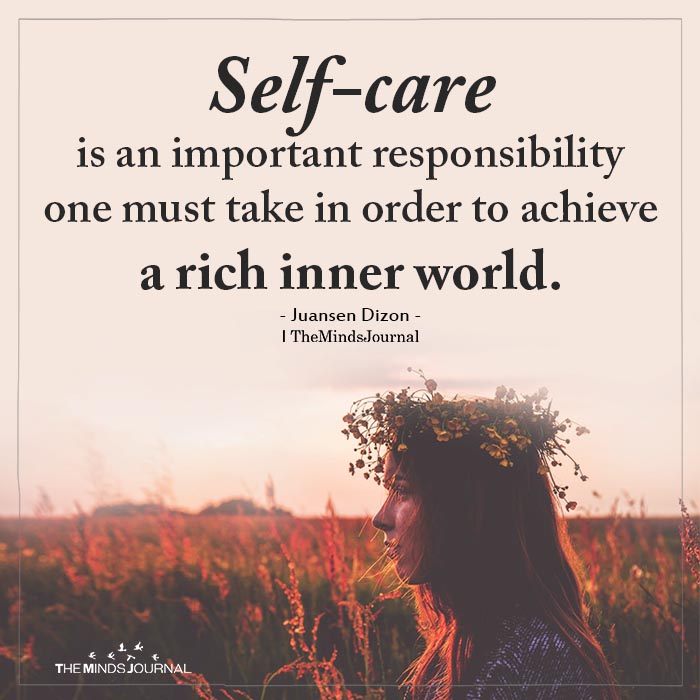
Self-love, self-care, and compassion will make your journey easier and make healing last a lifetime.
Loving ourselves can be the hardest thing to do for some of us, but this is exactly what you need to release emotions stored in the body. Free all the emotional energy stuck inside your body and you will experience a positive shift in your life.
Related: What Do The Moles On Your Face And Body Say About Your Personality
“Healing takes courage, and we all have courage, even if we have to dig a little to find it.” – Tori Amos
Liberating yourself is healing yourself.
You deserve this.
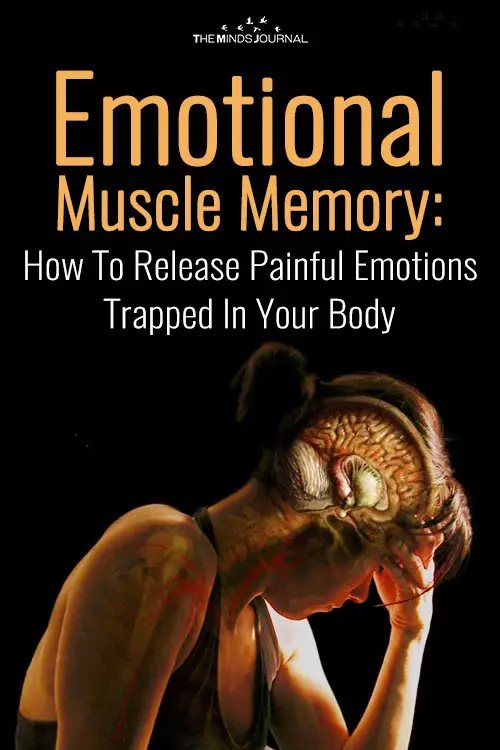
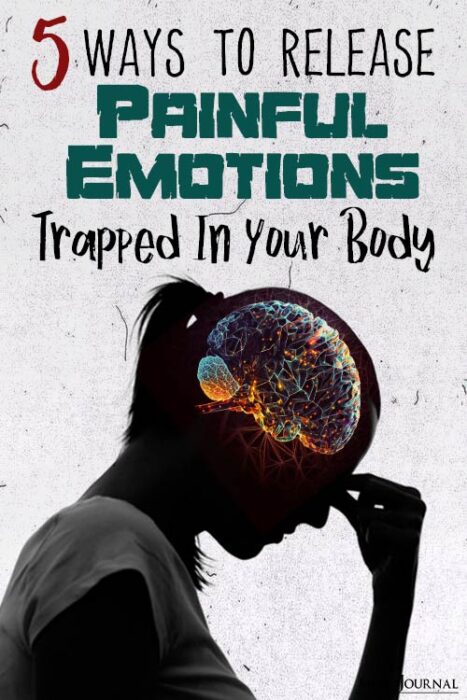
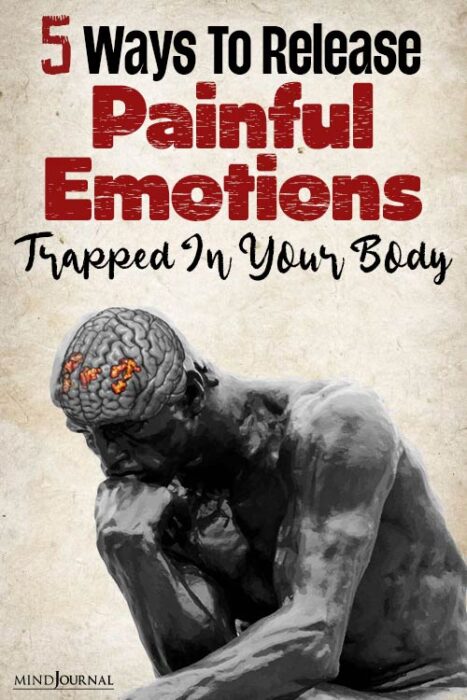
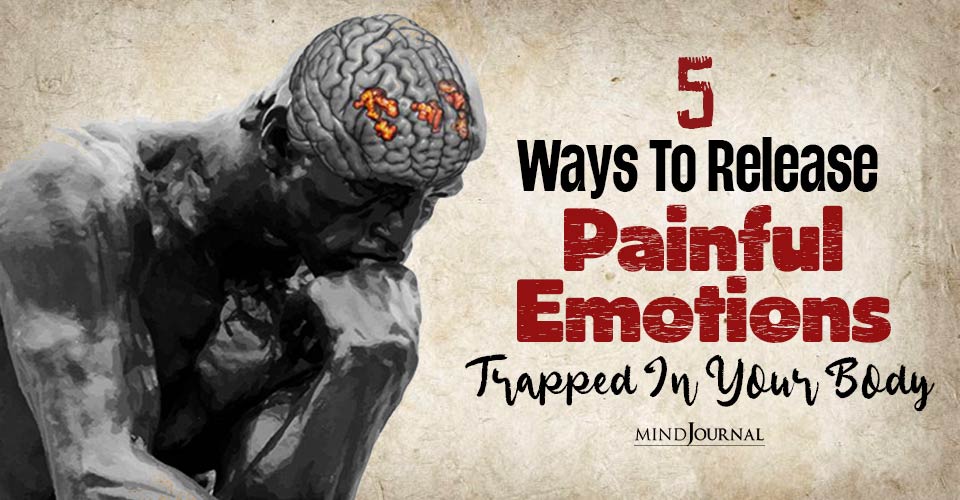






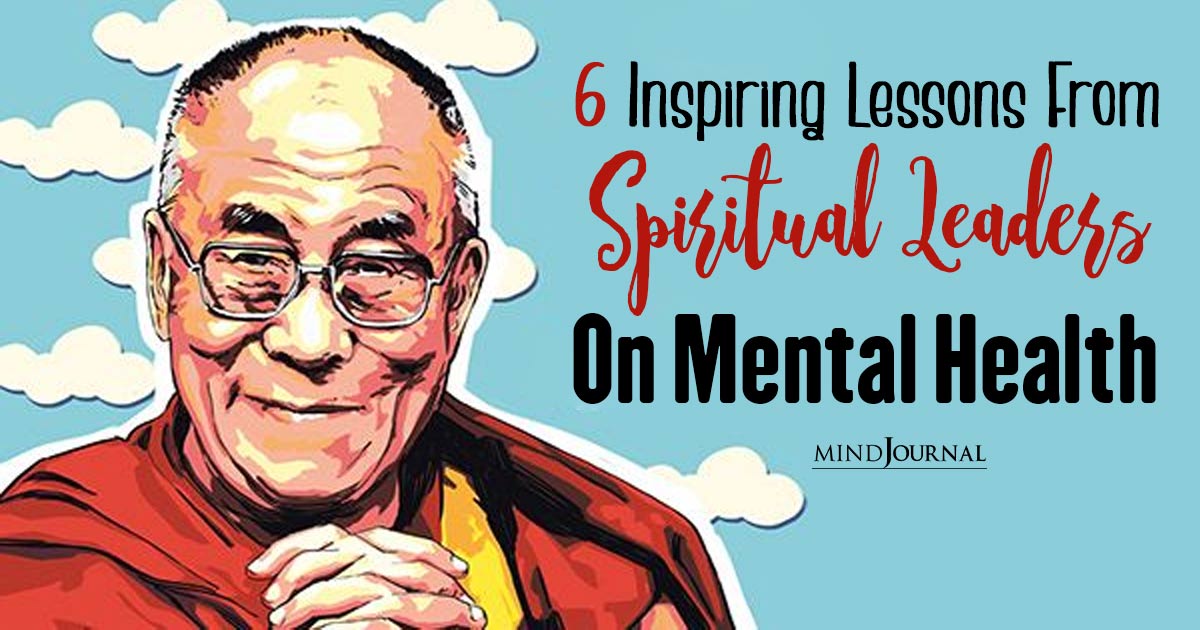
Leave a Reply
You must be logged in to post a comment.